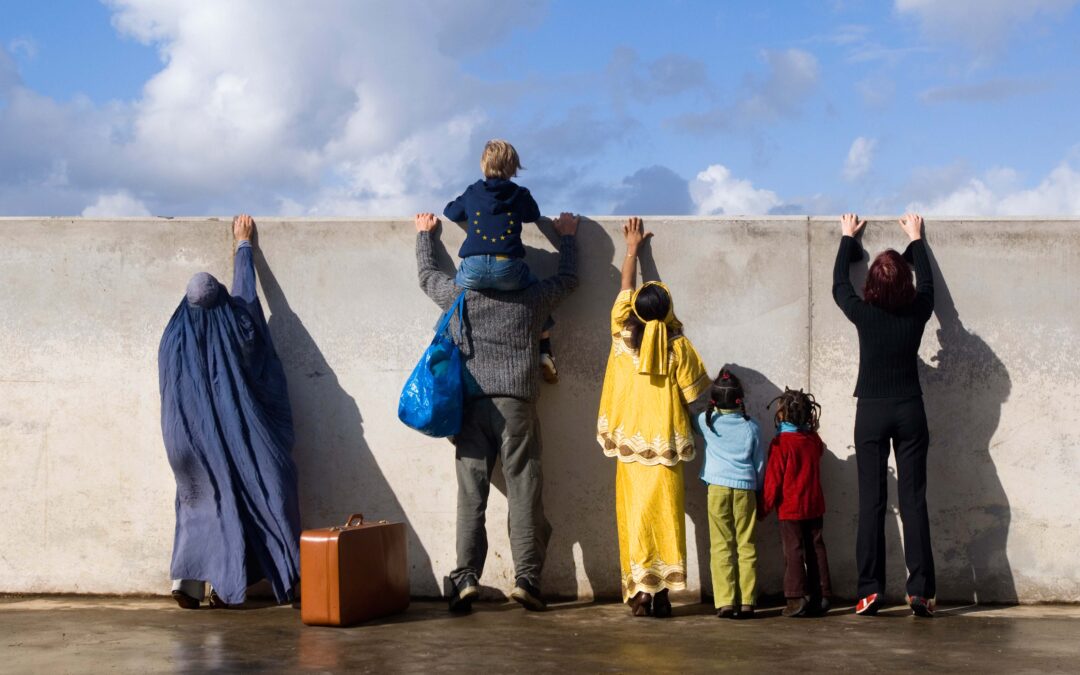
Sep 15, 2014 | Events, News
The International Commission of Jurists and the Greek Council for Refugees will hold today a two-day conference on administrative detention of migrants and asylum seekers according to international and Greek law.
The conference will address the interplay of international law, EU law and national law in the domain of administrative detention of third country nationals. With presentations given by international experts and Greek experts and practitioners, the conference will address issues such as the nature of detention, its lawfulness, conditions of detention and treatment and judicial review of situations of deprivation of liberty.
Greece-conference-detention-ICJGCR-2014 (programme in English)
Greece-conference-detention-ICJGCR-2014-greek (programme in Greek)
Migration_and_International_Human_Rights_Law_Greek_materials (Collection of case law materials in Greek)
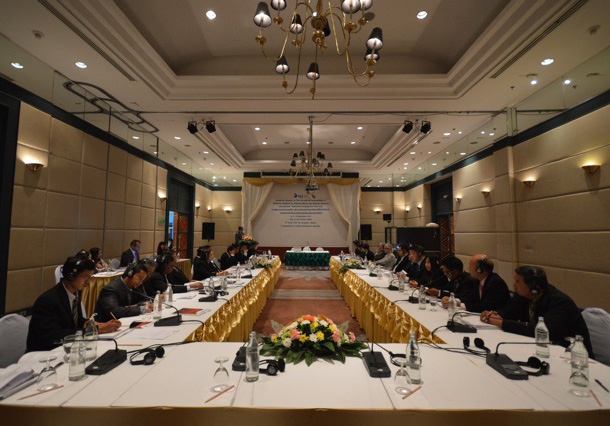
Sep 13, 2014 | News
On 11-12 September 2014, the ICJ held an academic seminar on “The Principle of Inadmissibility of Evidence Obtained by Unlawful Means and Hearsay Evidence: International Standards Compared to Thai Law” for Judges, prosecutors and lawyers working in Thailand’s deep South.
The objective of the seminar held in Hat Yai was to discuss the provisions of the Thai Criminal Procedure Code that address hearsay and unlawfully obtained evidence and compare them to international standards.
Speakers at the seminar included Justice Jaran Pakdeethanakul of the Constitutional Court of Thailand; Associate Professor Narong Jaiharn, Dean of the Faculty of Law, Thammasat University; and two international Judges who spoke about the approach to hearsay and unlawfully obtained evidence in the inquisitorial and adversarial legal systems.
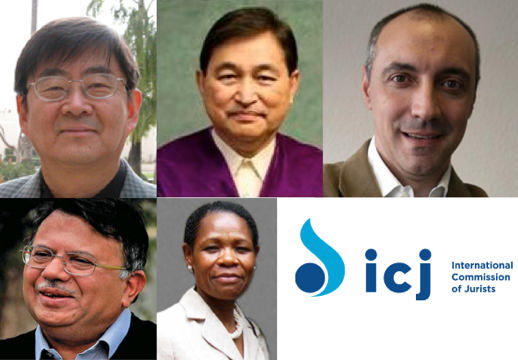
Aug 27, 2014 | News
The ICJ is delighted to announce five new Commissioners: Professor Kyong-Wahn Ahn (Republic of Korea), Justice Adolfo Azcuna (Philippines), Professor Miguel Carbonell (Mexico), Justice Yvonne Mokgoro (South Africa) and Justice Ajit Parkash Shah (India).
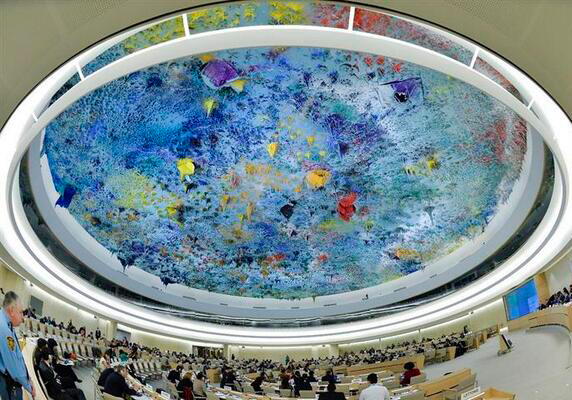
Jun 25, 2014 | Advocacy, Non-legal submissions
The ICJ made an oral statement at the UN Human Rights Council, highlighting a severe lack of domestic judicial capacity, and the large needs for justice in relation to gross violations and international humanitarian law, as well as ordinary civil and criminal matters, in South Sudan.
The ICJ reported in 2013 that, notwithstanding substantial legal reforms, the justice system in South Sudan was so under-resourced that statutory courts were effectively unavailable to a large majority of the population. Further, judicial appointment procedures were insufficiently independent or transparent to satisfy international standards. Customary courts have a greater presence, but rightly do not have criminal jurisdiction, and further do not meet international standards as regards, for instance, institutional guarantees for independence and impartiality.
In addition to the difficulties most residents already faced in accessing justice, the conflict has resulted in gross violations of human rights and international humanitarian law. South Sudan must ensure effective remedy and reparation for victims of such violations, and that anyone reasonably suspected of responsibility is investigated and, if there is sufficient evidence, prosecuted. At the same time, it must fulfill the fair and effective administration of ordinary civil and criminal justice.
Particularly given the scale and gravity of the violations, the South Sudanese justice system simply does not have the capacity to bear this burden, at least not alone. In addition to building the capacity of the domestic judiciary, it is clear that an international criminal tribunal, preferrably the International Criminal Court, will need to play a key role. Other states, too, will have to exercise all grounds of jurisdiction at their disposal, and deliver effective mutual legal cooperation.
The ICJ considers that the lack of an effective, independent and impartial court system in South Sudan may well have contributed to the rapid deterioration of the situation over the past months. Building an independent and impartial justice system in which all residents of South Sudan can have confidence is essential to preventing recurrence of the violations in the future.
HRC26-Oral statement on SouthSudan-Advocacy-non legal submission-2014 (full statement in PDF)
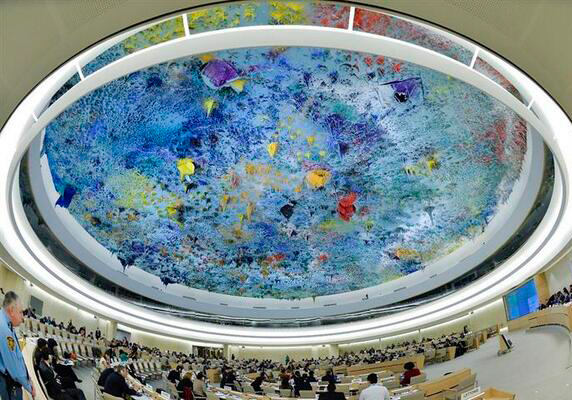
Jun 23, 2014 | Advocacy, Non-legal submissions
The ICJ has delivered an oral statement on the independence of judges, prosecutors and lawyers in Venezuela, at the UN Human Rights Council in Geneva.
Referencing its report, Strengthening the Rule of Law in Venezuela, the ICJ discussed the failure by Venezuelan authorities to respect institutional guarantees for the independence and impartiality of the judiciary and prosecutors, as well as undue interference with individual judges, prosecutors and the legal profession. The ICJ highlighted the lack of security of tenure for most judges and virtually all prosecutors in Venezuela, and how the insecurity is amplified by cases of reprisal such as against Judge María Lourdes Afiuni Mora.
The ICJ urged Venezuelan authorities to take concrete measures to restore the rule of law and ensure the protection of human rights in Venezuela, in meaningful dialogue with civil society, and for other states to encourage Venezuela to do so.
The oral statement can be downloaded in full in PDF format here: ICJ-HRC26-Item4-Venezuela-OralStatement2-Advocacy-non-legal submission-2014









